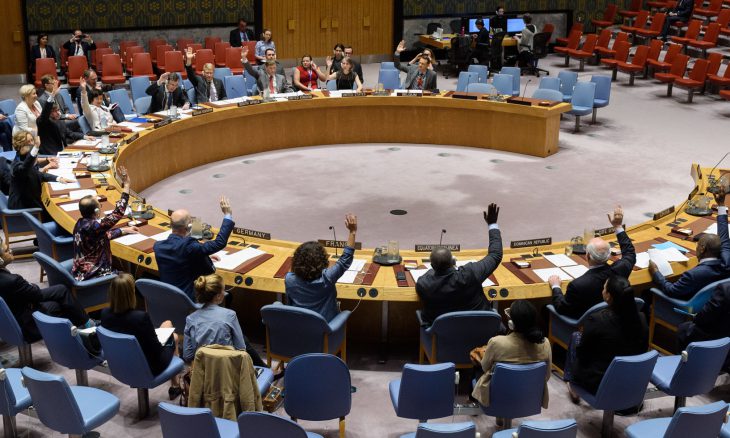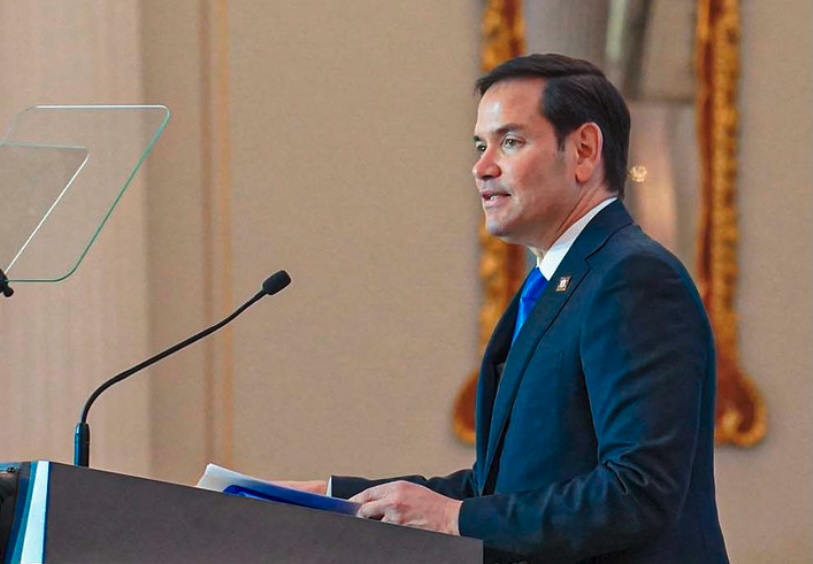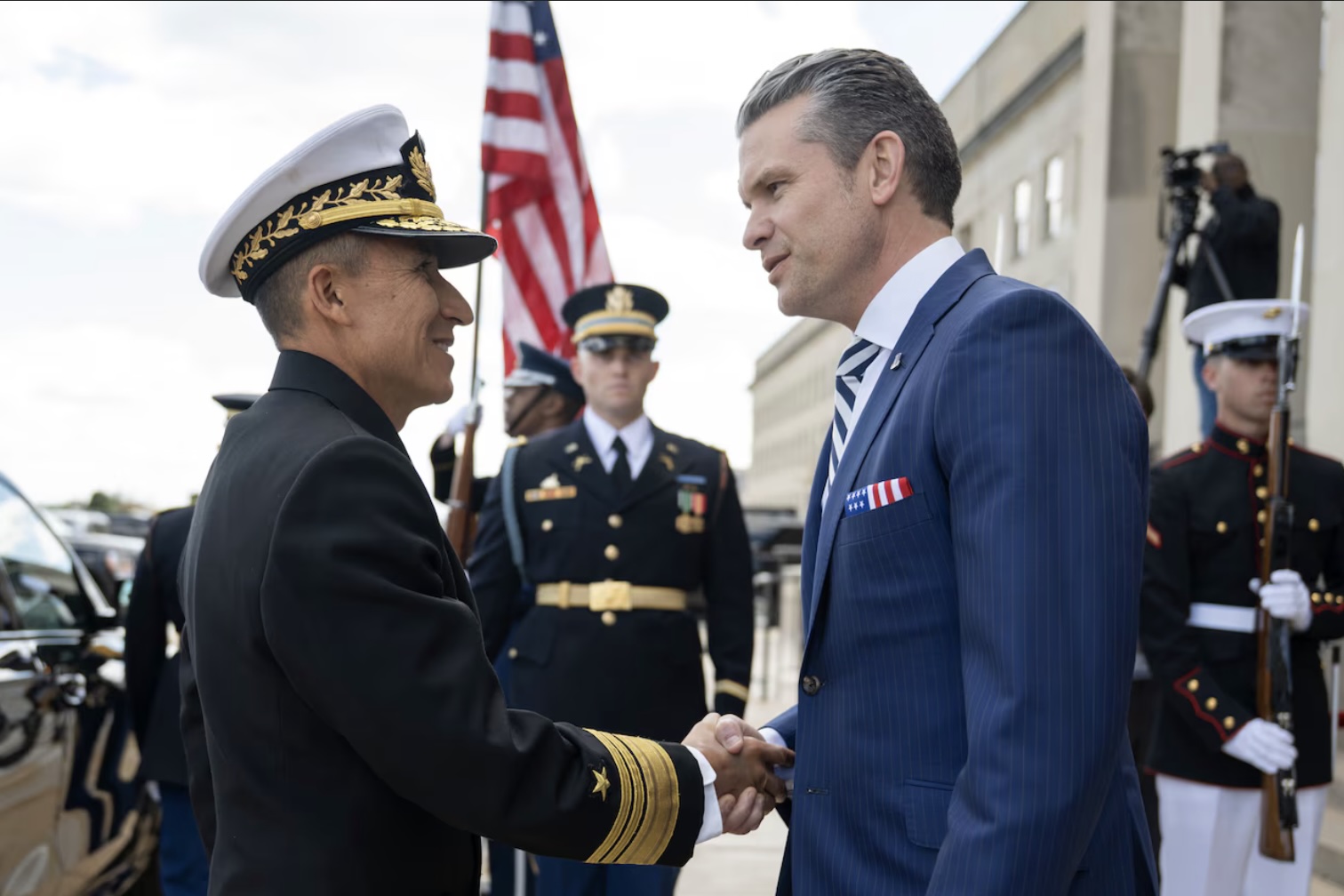Exploring the Legislative, Social, and Fiscal Impacts of America’s Global Engagements.
PRAY FIRST for all citizens affected by economic and domestic changes resulting from foreign policies to find stability, fair opportunities, and hope in challenging times.
For I know the plans I have for you, declares the Lord, plans for welfare and not for evil, to give you a future and a hope. – Jeremiah 29:11
As we continue to look at the multifaceted foreign policy of America (read last week’s review on how U.S. Foreign Policy Shapes Daily Life), we also must look at how grand policy decisions at a global level often lead to changes in U.S. domestic laws. Security concerns stemming from international conflicts may result in stricter immigration laws or expanded surveillance programs. For instance, post-9/11 policies led to the creation of the Department of Homeland Security (DHS) and the PATRIOT Act (signed into law on October 26, 2001), reshaping domestic security protocols. International climate agreements like the Paris Accord (entered into force on November 4, 2016) influence U.S. environmental legislation—compelling states to adopt greener practices to meet emission targets.
National defense budgets are another key area impacted by foreign policy. Increased military engagements abroad often result in higher defense spending, which can limit funding for domestic priorities such as education or healthcare. Similarly, decisions about U.S. involvement in foreign conflicts affect legislation related to veterans’ services and healthcare, as policymakers seek to address the needs of returning service members.
Impact on U.S. Population
U.S. immigration policies, which are often closely tied to the country’s foreign relations, have far-reaching effects on both immigrants and citizens. Policies governing refugee resettlement can lead to complex debates within local communities about resource allocation, social integration, and cultural change. For instance, a surge in refugee arrivals can place strains on local services—such as housing, healthcare, and education—while also offering opportunities to diversify and enrich cultural life within communities.
Cultural exchange brought about by immigration can foster empathy, global awareness, and innovation, as immigrants bring diverse perspectives and experiences. Nevertheless, foreign policy decisions also have a powerful influence on how Americans view immigrants and international relations. Political rhetoric, media coverage, and historical context can shape public perception, leading either to solidarity and inclusiveness or to tension and division.
Immigration policies can also affect economic outcomes. Policies that attract skilled immigrants can boost economic growth, while restrictions may stifle innovation and lead to labor shortages in certain industries. Policies related to undocumented immigrants often remain contentious, with debates focusing on economic contributions versus burdens.
Taxes, Spending, and Public Perception
The allocation of U.S. government resources to international military engagements and foreign aid programs has long been a topic of debate. The U.S. maintains an extensive global presence, with overseas military bases, diplomatic missions, and development aid programs. Collectively, these initiatives cost billions of dollars annually, impacting federal taxes and the broader allocation of domestic budgets. As an example, maintaining military installations abroad requires significant financial resources that some argue could be better spent on pressing domestic issues—healthcare, education, infrastructure improvements, etc.
Public opinion on international engagement is deeply divided. While some citizens support active global involvement as a means of promoting stability, security, and economic interests, others favor a more isolationist approach, advocating for reduced foreign commitments and greater investment in domestic needs. Media portrayals also play a significant role in shaping these perspectives. Reports highlighting successful diplomatic endeavors or positive humanitarian impacts may boost public trust in government policies, whereas coverage of military conflicts and opinion-based reporting on international relations can contribute to skepticism and distrust. Moving forward, policymakers must carefully balance international obligations with domestic needs to establish that foreign policy serves the interests of U.S. citizens.
Why It Matters and How We Can Respond
U.S. foreign policy shapes not only international relations but also the lives of everyday Americans. International relations have the power to influence both human rights and global harmony. We see the far-reaching implications of foreign policy on domestic legislation, social dynamics, and economic structures. As Christians, we are called to follow Christ’s example, as illustrated in the parable of the Good Samaritan. By embracing compassion, we can reject hatred along international or ethnic lines. Our calling is to seek love and mercy as we walk humbly with God (Micah 6:8 ESV), fostering a spirit of unity and peace. Let’s take a moment today to pray for our policymakers, that God give them His wisdom and integrity when considering legislation that impacts the world around us.
HOW THEN SHOULD WE PRAY:
— Pray that economic policies—both domestic and foreign—create stability and reduce inequities, providing opportunities for every citizen to thrive. Let justice roll down like waters, and righteousness like an ever-flowing stream. Amos 5:24
— Pray for Policies that uplift the marginalized, whether through social support, healthcare, or other measures and that God’s heart is reflected in compassion for the least among us. Whoever oppresses a poor man insults his Maker, but he who is generous to the needy honors him. Proverbs 14:31
CONSIDER THESE ITEMS FOR PRAYER:
- Pray that God gives our leaders discernment as they balance international commitments with the needs of citizens.
- Pray for communities impacted by global and national policies to be strengthened.
- Pray for us to engage in conversations about foreign and domestic policies with grace, compassion, and a heart open to learning from one another.
Sources: Internal Revenue Service, U.S. Department of the Treasury, Gallup, Congressional Budget Office (CBO), Pew Research Center









